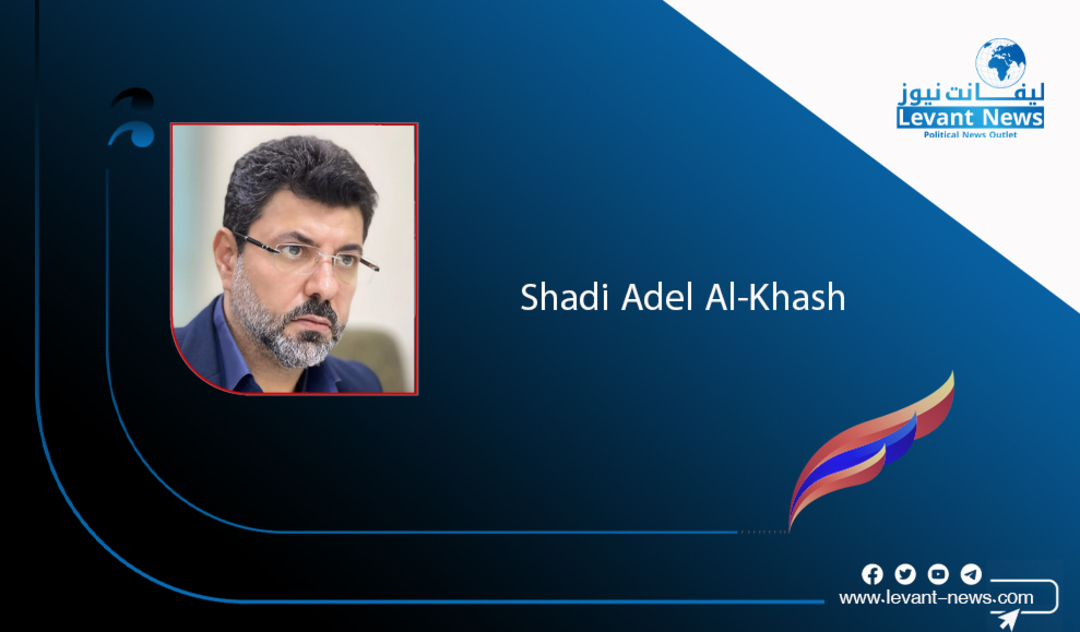-
Keys of Damascus... From the White House to Bab al-Hawa: How Did Ankara Become the "Gateway"?

Trump left his meeting with Erdogan on September 25, 2025, hinting at a truth no longer secret: anyone wishing to engage with the new Damascus must pass through Ankara. This statement was not mere political courtesy, but an acknowledgment of a shifting balance of power built gradually over a decade and a half.
This recognition reflects not only "public influence" but also points to a specific relationship with a particular individual—Ahmed al-Shar’i. The man who transitioned from the Joulani shell to the presidential suit was not elevated without support; Ankara shaped him patiently, fortified him when necessary, restrained him when needed, and linked his survival to a series of keys held in its security apparatus—covering borders, passageways, currency, and practical recognition.
The story begins here. Weeks and months before that broad smile in Washington, a new Damascus was breathing through one main lung: the northwest. Turkish military posts are scattered there, drones patrol to set the limits of engagement, lives are measured in Turkish lira, homes are lit with electricity coming from companies affiliated with Turkish southern states, and medicine and wheat warehouses open and close through crossings controlled by Ankara signals.
In this scene, al-Shar’i was not a "free choice" but a "feasible option" within a calculus controlled by Ankara, which guarantees Idlib's stability to prevent chaos at its borders. It grants the de facto authority enough room to manage daily affairs and gradually shift from the cloak of "emirate" to the fabric of a "state." When the international narrative needed a face to speak for this reality, they decorated it with interviews, images, and promises of "moderate" reforms—all under the clear condition that "no decision surpasses Turkey’s red line."
Looking back to 2020, we see the initial seed of this arrangement: the ceasefire in Idlib was not suspended in midair but hung from a Turkish aircraft wing. Precisely there, the power dynamic was established between Ankara and the rising authority. Without Turkish support, northern authority could not have persisted; without it, they could not negotiate or impose themselves on the conflict maps.
Over time, through operations like Euphrates Shield, Olive Branch, and Peace Spring, the shape and substance of the north changed—border areas turned into administrations, administrations into guardianships, and guardianships spawning local governance structures. These structures breathe through the Turkish economy, speak its financial language, and interact with its institutions.
In this space, the legitimacy of al-Shar’i’s authority is defined by a power allowing him to "operate," but with keys of continuity outside his borders—powers that are "hearing" him because his loudspeaker is Ankara.
Thus, the relationship today between Ankara and Damascus is not one of equal partnership; it’s a hand holding the reins, with another hand on the wheel to maintain the appearance of leadership. The highest security decisions in the north do not pass through the presidential office but are made within operations rooms dictated by Turkey. Crossings that feed the cities and secure medicine are scheduled via Turkish coordination, and the currency used for salaries and bread belongs to an economy Damascus does not control.
Even when international politics opened a window after Washington’s decision to relax US sanctions, the key came from the same side, through exemptions crafted and routes passed, with reassurances transmitted via a channel called Ankara.
At this point, questioning "Turkey’s dominance over al-Shar’i" becomes rhetorical: what remains of sovereignty when one side holds the sky, another the land, and a third what lies between?
Specifically at this threshold, describing "Turkish dominance over Damascus" also becomes a personal relationship. Ankara does not only influence the state as institutions but also controls the key figures who are assumed to represent it. If al-Shar’i hesitates between two decisions, the "cost of mistake" is not measured solely by what he may lose internally, but by what cover may be withdrawn from above him. These are not overt threats but fundamental realities governed by facts, not intentions. This is why he carefully walks the path prescribed for him—making security commitments at borders, avoiding "sovereign" economic decisions Ankara opposes, and leaving open channels for diplomatic negotiations passing through Ankara.
This is when Trump’s praise of "Erdogan’s role" in toppling Assad and paving the way for sanctions makes sense—not as a reflection on the past, but as a guide for the future. Anyone wanting to deal with Damascus directly should take the shorter route: contact Ankara. Anyone wanting to pressure Damascus should do the same: contact Ankara. Between these two levels, Ahmed al-Shar’i stands—president breathing through a lung not in his body, holding the reins not clenched in his office.
This is today’s meaning of Turkish dominance: not a decision written in an agreement, but a web of reasons making the Syrian decision—about security, economy, and recognition—ultimately fall into one hand.
Shadi Adel Al-Khash
You May Also Like
Popular Posts
Caricature
opinion
Report
ads
Newsletter
Subscribe to our mailing list to get the new updates!




















